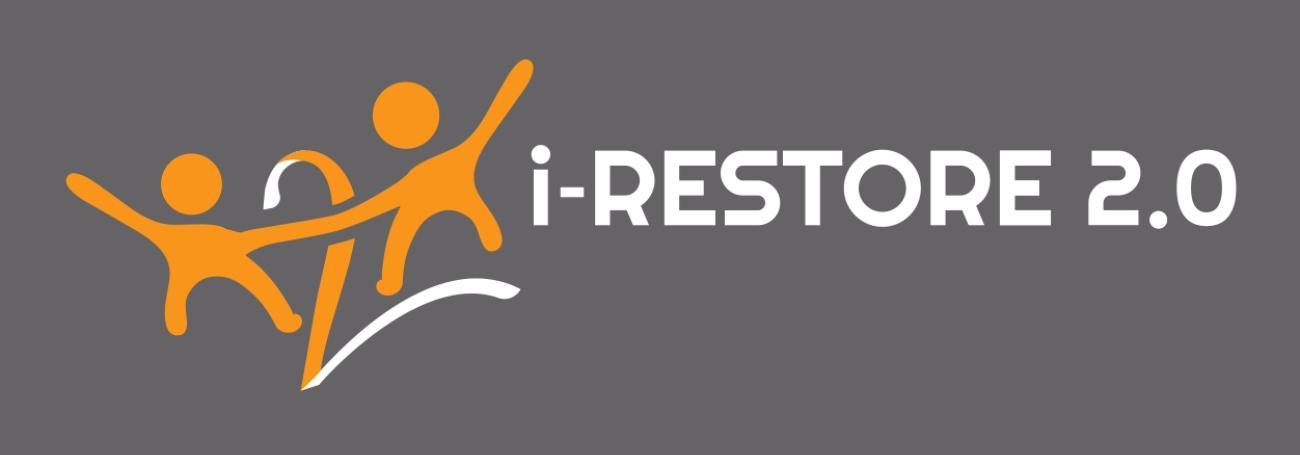
i-RESTORE 2.0: Accessible Quality Restorative Justice processes for children in contact with the law in Europe
Summary: It is of crucial relevance, exploring the complementary country experiences, to address the issue of accessibility of restorative justice processes for children by using innovative and practical solutions, in face to face as well as online environments, while being open to integrate the learnings from the COVID-19 pandemic. i-RESTORE 2.0 is proposing to do this by actively engaging families, practitioners, policy makers, victim support organisations and the media in sharing knowledge, as well as by co-designing with children creative and digital tools and resources that will enhance the experience of children in restorative justice processes.
Partners: Terre des hommes Regional Hub in Hungary, Terre des hommes Hellas, European Forum for Restorative Justice (Belgium), Restorative Justice Netherlands, HALT (Netherlands), and Social Insurance Board (Estonia).
Project coordinator: Terre des hommes Romania
Funding: European Commission, under the JUST Programme
Description: i-RESTORE 2.0 builds on the i-RESTORE project (2019-2021), which focused on promoting the use of restorative justice in cases involving child victims of crime and strengthening the capacities of justice professionals. Based on the results of that project, i-RESTORE 2.0 aims to go a step further and create accessible quality restorative justice processes for child victims and children suspected and/or accused of crime in Europe. In line with the EU Victims’ Rights Strategy, the project aims to empower children, including victims, to express their views about restorative justice through digital and child-led creative approaches; increase awareness of families, practitioners, policy makers and the media on restorative justice for children in criminal proceedings and increase the number of practitioners who can provide child-friendly restorative justice services. The project targets, across Romania, Greece, The Netherlands and Estonia.
Over 24 months, the project proposes a capacity building scheme for professionals, mutual learning events through cross-border twinning arrangements, to empower children to assess restorative justice processes, and to actively engage in discussions key stakeholders who need to be made aware of the role they can play for successful and accessible restorative justice processes with children. Project’s outputs include a digital assessment tool, learnings from the field, a child-led creative resource for practitioners and a how to guide for twinning arrangements for EU countries who wish to enter sustainable partnerships.
In this project, the EFRJ will be an expert partner and provide technical guidance for: the co-design of capacity building programmes (trainings/train the trainers) and advocacy initiatives; the twinning arrangements and mutual learning activities; the identification of restorative justice experts for project’s activities and the dissemination of the projects results through the organisation’s restorative blog. The EFRJ was part of the consortium in i-RESTORE phase 1.
Duration: October 2022 – October 2024

